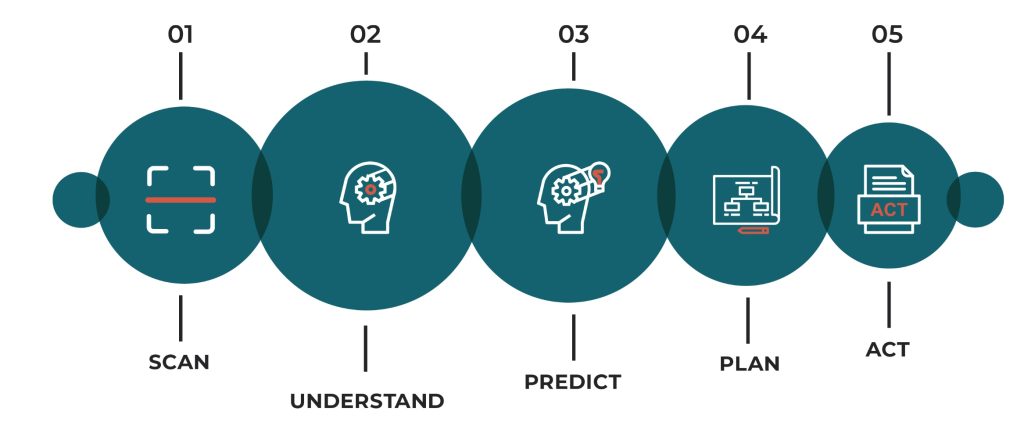What is an incident and accident investigation?
An incident (and accident) investigation, as HSE states[1], is a powerful ‘retrospective tool’ to increase control over hazards in a working environment, and to report, track and implement change in response to the incident. The investigation consists of an official, structured and in-depth examination about the adverse event beginning with gathering of information on equipment, procedures and the event in question. This process, after the collation and analysis of information, involves a number of stakeholders, not just the people present at the time of the event. The main objective is not only to establish what happened during the adverse event, but also what allowed it to happen.
[1] EI, Guidance on Investigating and Analysing Human and Organisational Factors Aspect of Accident and Incidents
Why human factors are vital considerations in incident investigations.
Investigation concluding that human error was the sole cause of an incident are not acceptable. There are many underlying causes that can create a working environment where humans errors are unavoidable and that are direct consequences of active failures or latent conditions such as inadequate training, poor equipment design, noisy and undesirable working conditions, inadequate work planning or poor safety culture just to name a few. These causes have a considerable impact on workers and could lead to a human failure.
An introduction to Cognitive Origins Analysis an SUPPA model.
All human performance and interactions with systems come down to our human biology and so, every human failure traces back to the cognitive origins including mental processes of perception, memory, judgment, and reasoning. To understand human behaviour, we analyse these cognitive origins by using SUPPA model: Scan – Understand – Predict – Plan – Act, a dynamic process that completes the investigation of contextual, external, and essentially internally causes of failure.
Be prepared.
It is required by law that businesses carry out incident investigations and review risk assessments after incidents happen, and to fulfil that and act promptly, it is important to be prepared for such events.
A specific skillset and expert knowledge underline an effective investigation. Organisations should have selected competent investigators are ready to act. Whenever in doubt, seek professional advice from a chartered consulting company that will secure a high-standard investigation process for your organisation. IHF specialises in incident investigation and provides a software as a service equipping client to build their own in-house competency.
We are running a webinar entitled "Human Factors Guide to Incident Investigation" where you can learn more about the best practices in incident investigations and practical guidance on applying human factors in investigations.




